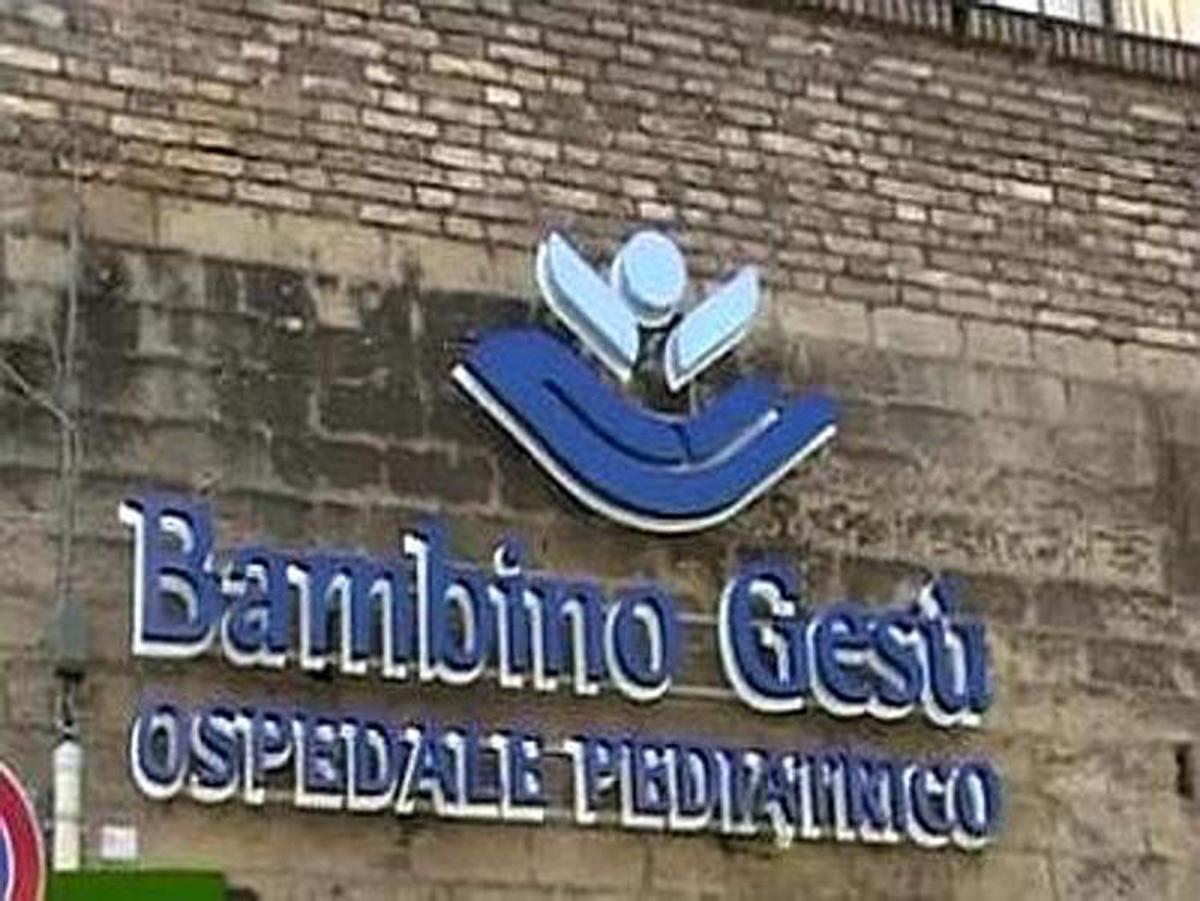The first was designed at the Bambino Gesù Pediatric Hospital gene therapy with CAR T cells able to cure – with good probability of success – the most serious forms of neuroblastoma, the most common solid tumor in childhood. The new treatment was tested on 27 children with relapsed neuroblastoma and/or resistant to conventional therapies.
The response to treatment has exceeded 60% and the probability of surviving without disease has significantly increased compared to the unfortunately short life expectancy in the absence of other treatments. The results of the study, carried out also thanks to the funding received from AIRC, Ministry of Health, AIFA e Italian Foundation for the Fight against Neuroblastomahave just been published in the prestigious New England Journal of Medicine.
Il neuroblastoma
Neuroblastoma is the extracranial solid tumor more frequent in childhood and represents about 7-10% of cancers in children between 0 and 5 years. In Italy about 120-130 new diagnoses are made each year. This tumor originates from neuroblasts, cells present in the sympathetic nervous system, and can arise in various parts of the body, the most frequent of which is the adrenal gland.
Even today, neuroblastoma has a significantly less good prognosis than other pediatric neoplasms, being responsible for 11% of cancer deaths in childhood: in metastatic forms or those with a high risk of recurrence, the probability of a definitive cure is 45%. -50%; in the event of a relapse or disease refractory to conventional treatments (chemo and radiotherapy), the chance of surviving 2 years is no more than 5-10%.
The study of the Child Jesus
The experimentation of gene therapy with CAR T cells directed against neuroblastoma was entirely designed and conducted by doctors and researchers of the Bambino Gesù Pediatric Hospital coordinated by prof. Frank Locatelli. The study involved the Pharmaceutical Workshopthe areas of Oncohematology, Cell Therapy, Gene Therapies and Hematopoietic Transplantation and Diagnostic Imaging.
Between 2018 and 2021 they were enrolled in the trial 27 patients from all over Italy, aged between 1 and 25 years, suffering from relapsed and/or resistant neuroblastoma and already subjected to numerous treatment attempts, with the aim of “verifying whether therapy with CAR T cells was able to change the natural history of their disease,” explains Locatelli, head of the research area and clinical area of Oncohaematology, Cell Therapy, Gene Therapies and Hematopoietic Transplantation of the Child Jesus, as well as Full Professor of Pediatrics at the Catholic University of the Sacred Heart.
The infusion of modified CAR T cells
The patients involved in the study were treated with theinfusion of CAR T cells modified with a third generation construct, called GD2-CART01, produced in the laboratory by researchers of the Holy See Hospital starting from the sampling of autologous T lymphocytes (i.e. coming from the patient himself).
These cells of the immune system were then genetically modified to express on its surface the CAR (Chimeric Antigen Receptor), a synthetic molecule able to recognize the tumor target (in neuroblastoma it is the GD2 molecule) and to direct the T lymphocytes against the diseased cells.
Unlike the second generation CAR T products approved today for clinical use in leukaemia, lymphoma and myeloma, the drug designed by the Bambino Gesù researchers was added, on the basis of the results of an accurate and meticulous pre-clinical experimental work, a second costomulatory domain.
That is, a combination of molecules that increases the effectiveness and persistence of engineered T lymphocytes. Finally, as a further safety measure of the therapy, the suicide gene (Inducible Caspase 9 or iC9) which blocks the action of modified T lymphocytes in case of side effects that cannot be controlled with conventional pharmacological measures.
The phases of the experimentation
The experimentation on the 27 patients enrolled in the study was conducted in two phases: in phase 1 have been evaluated safety and tolerability of the drug according to a model of increasing (in the absence of toxicity) or decreasing (in case of toxicity) doses. CAR T infusions started from the intermediate dose (the third of 5) up to the maximum dose, as no relevant side effects were found. In the level 2 have been evaluated effectiveness of therapy and times of permanence in the body of genetically modified cells.
The results: more than 60% effective
The new CAR T therapy for relapsed and/or refractory neuroblastoma has proven to be safe and effective: at the end of the study, the Bambino Gesù research team observed a response to the treatment in 63% of patients, half of them in complete remission of disease. It grows there probability of survival up to 3 years (60% of cases) and to survive without evidence of disease (36%). Furthermore, the longevity of CAR T cells has been documented: they persist in the patient’s body up to 2-3 years after the infusion, supporting their therapeutic efficacy over time.
(eg)
